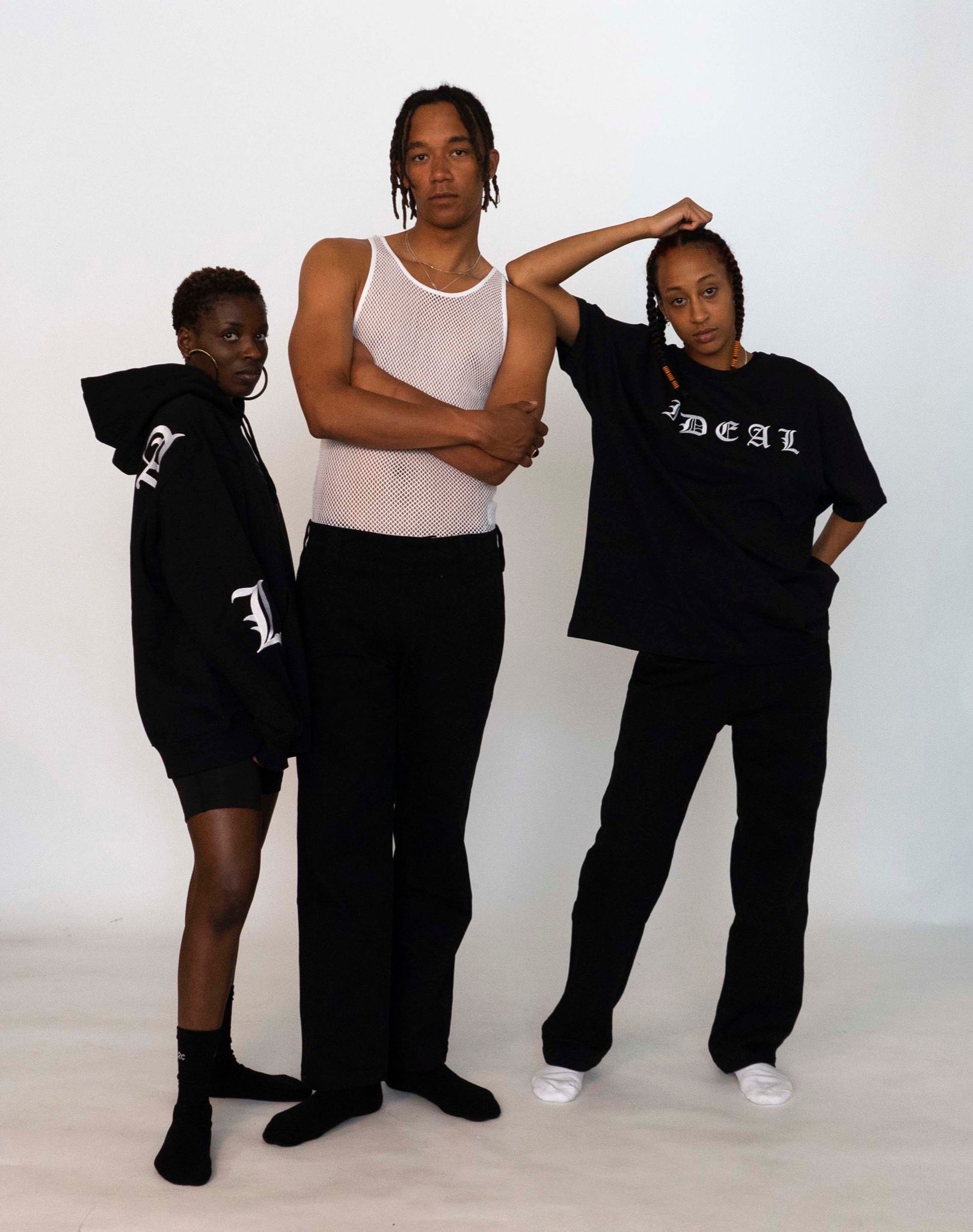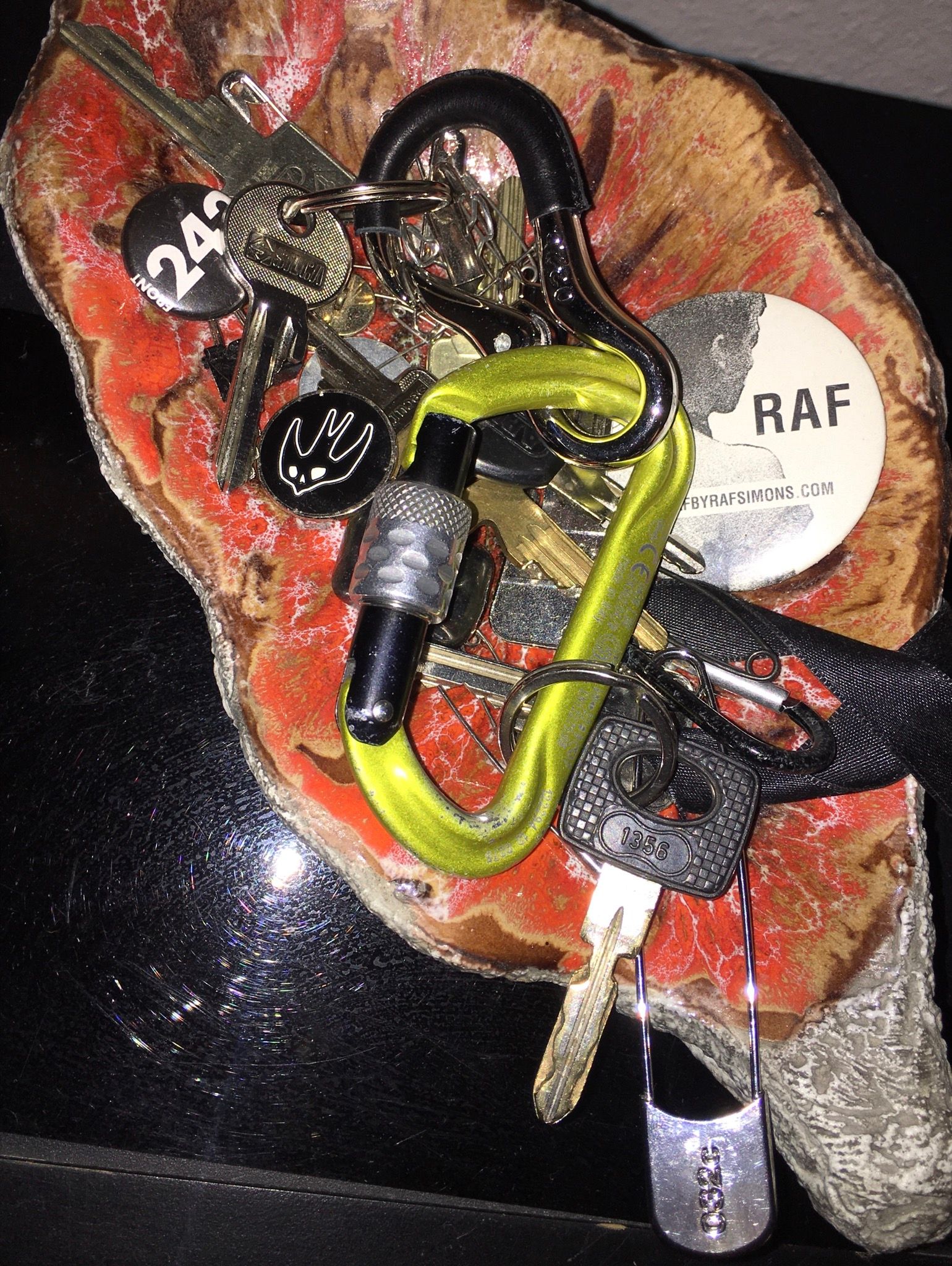They Were Called the “ORANGE TRIBE”: Young and Rich in 1990s Seoul

The LoveSexDreams collection features in a new editorial shot in Seoul by BYUNGMOON HWANG, styled by HYUNMIN KIM, and inspired by the early 1990s youth cultural phenomenon known in Korea as “Orange tribe.”
Below, a translation by 032c e-commerce manager JOONWOO PARK adapted from a Korean dictionary entry explains the genesis and movements of the influential – and controversial – Gangnam set.
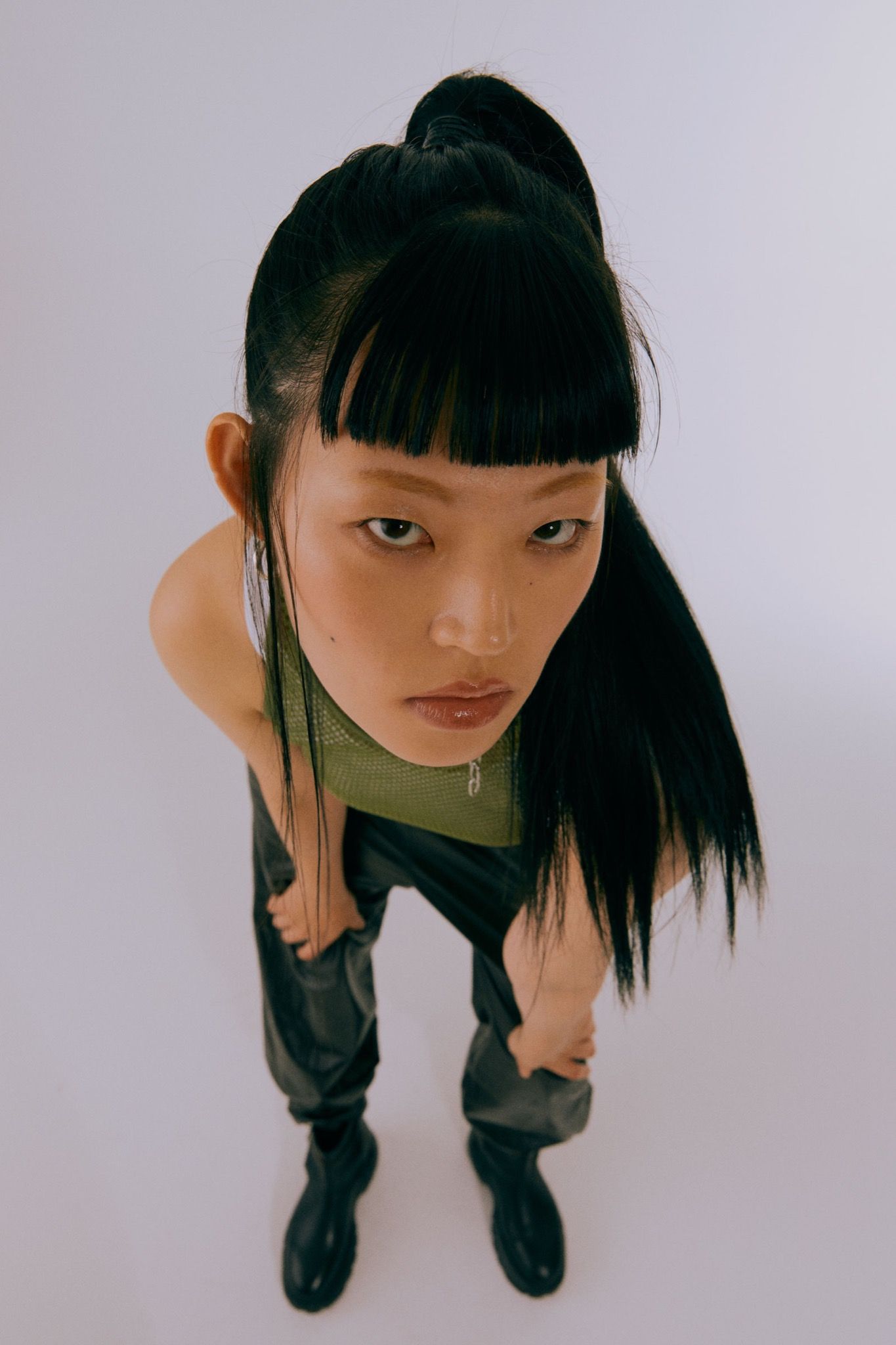


“Orange tribe” (Orenji-jok) refers to young people in their 20s who lived in Gangnam, Seoul in the early 1990s. It is a sarcastic term for a generation of young people who enjoyed entertainment in the form of consuming luxury trends and expensive cars with the generous pocket money given to them by their wealthy parents. Once synonymous with overconsumption, the Orange tribe received particular criticism for driving foreign cars – “foreign,” symbolizing wealth – to school, and for their penchant for dating and shopping.
A general social atmosphere of showing off wealth emerged in the early 1990s, when the domestic automobile market began to operate in earnest. The monied youth that came of age in that context are said to be called “orange” because the citrus fruit is an import in Korea – a stand-in for the luxury goods consumed from overseas. You can picture them driving around with oranges in their expensive cars and trying to pick up girls on the street.

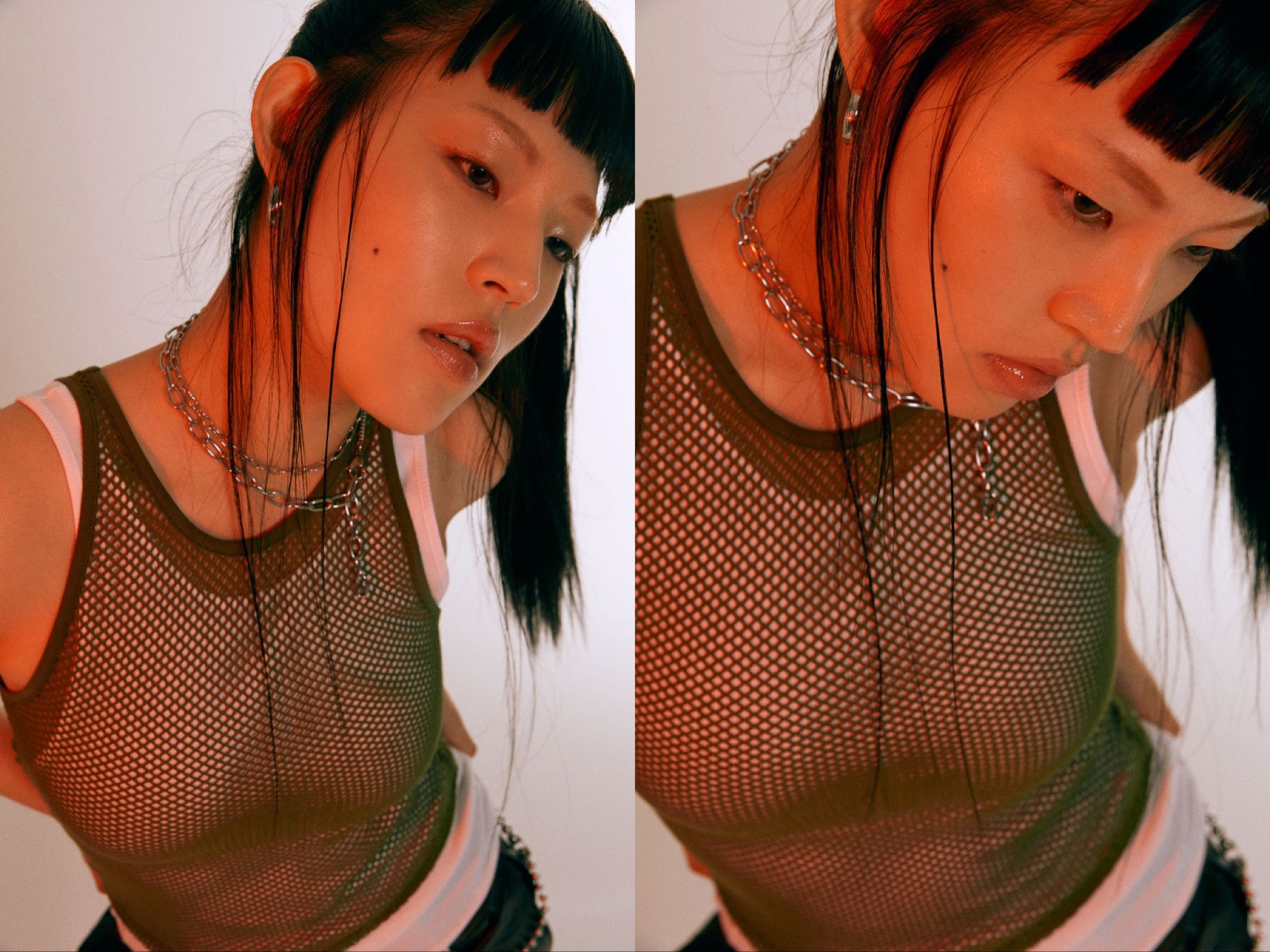

In its early days, the original Orange tribe was active in Gangnam’s wealthy Apgujeong-dong area. As they searched for new culture in Seoul, a high-end cafe area was created in Hongdae, then the city’s indie district. By the late 1990s, a foreign party culture had arrived there. But by the end of the decade, the Orange tribe had disappeared, having peaked as targets of social anger and criticism during the 1997 IMF financial crisis. While much of Asia was gripped by foreign currency meltdown, they were off studying abroad. By the time they were done, Korea had successfully escaped the crisis, and the Orange tribe returned home transformed into high-income young professionals.
Back in Seoul, the group made Cheongdam-dong their new hub of affluence. The difference between the culture of Apgujeong-dong, the Orange tribe’s original stomping ground, and the culture of Cheongdam-dong, their new settlement, has apparently been compared to the taste of coffee: Apgujeong-dong is hazelnut, Cheongdam-dong espresso. Facing each other and separated by a road, the two districts look similar, but have a different flavor – like fraternal twins, but where one is richer.
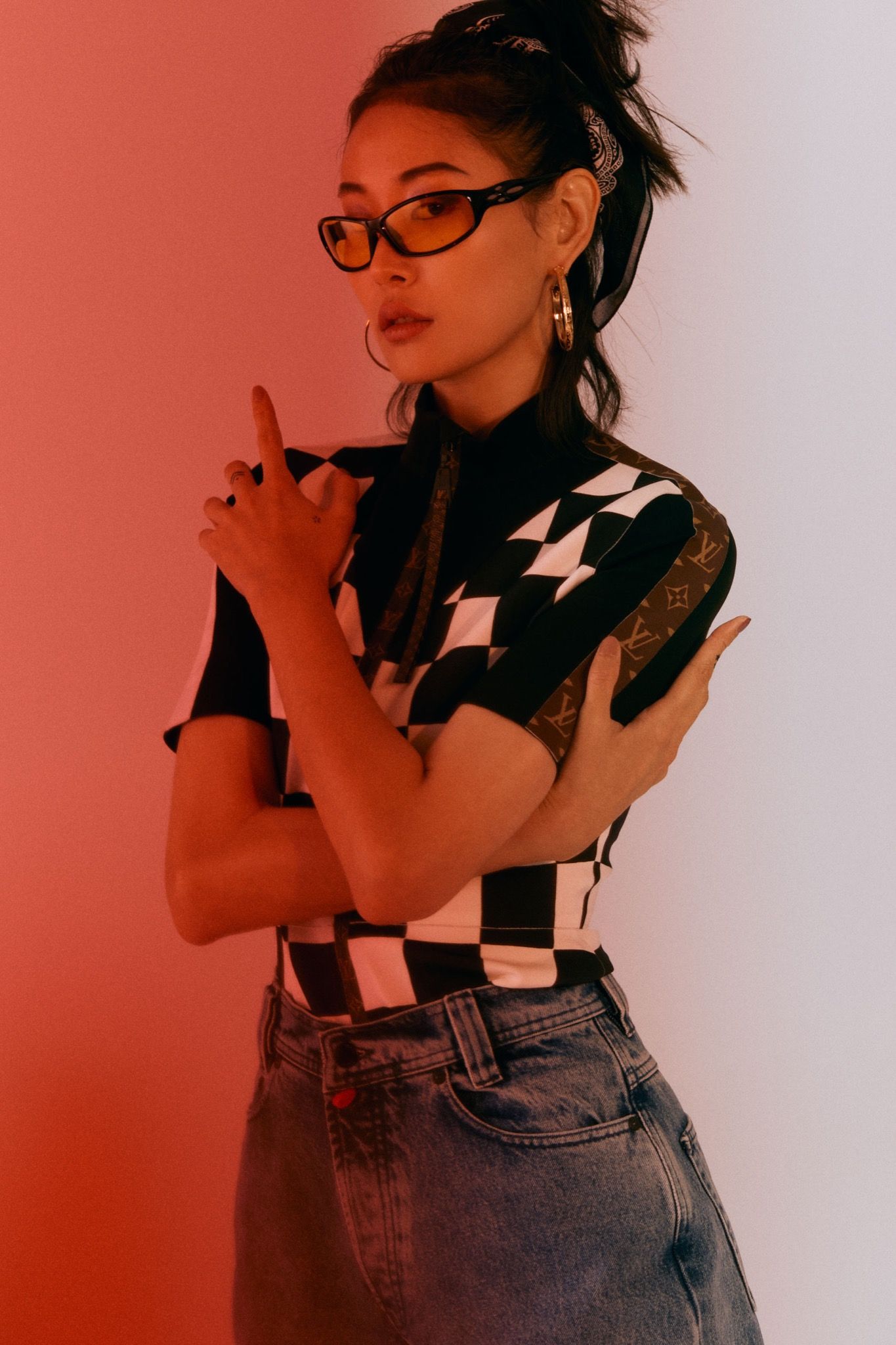
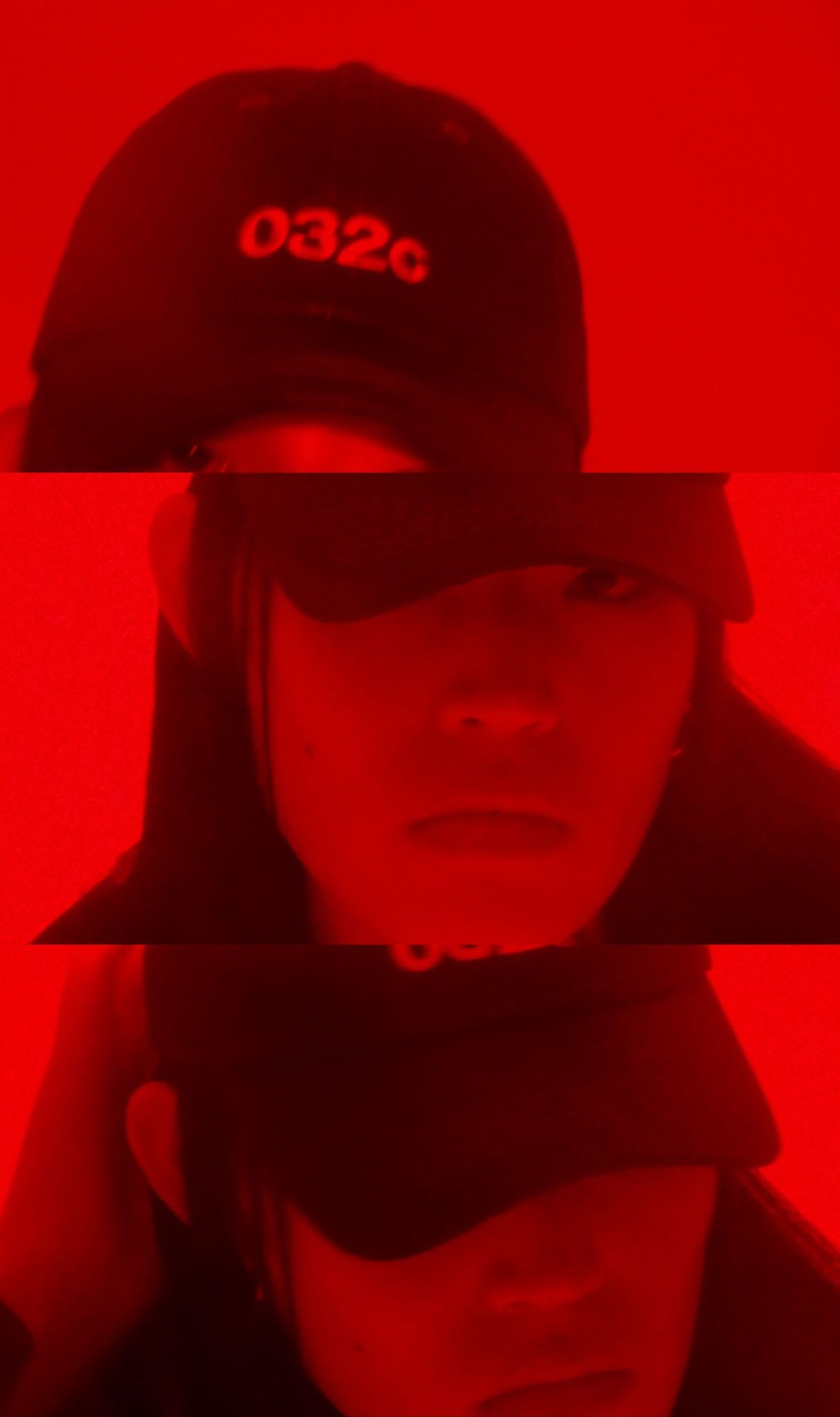

Credits
- Photography: Byungmoon Hwang
- Talent: Hyejin Park, Tory
- Director: OHA
- Fashion: Hyunmin Kim
- Hair: Jihye Oh
- Make Up: Jiwon Moon
- Visual Assist: NK Kim


